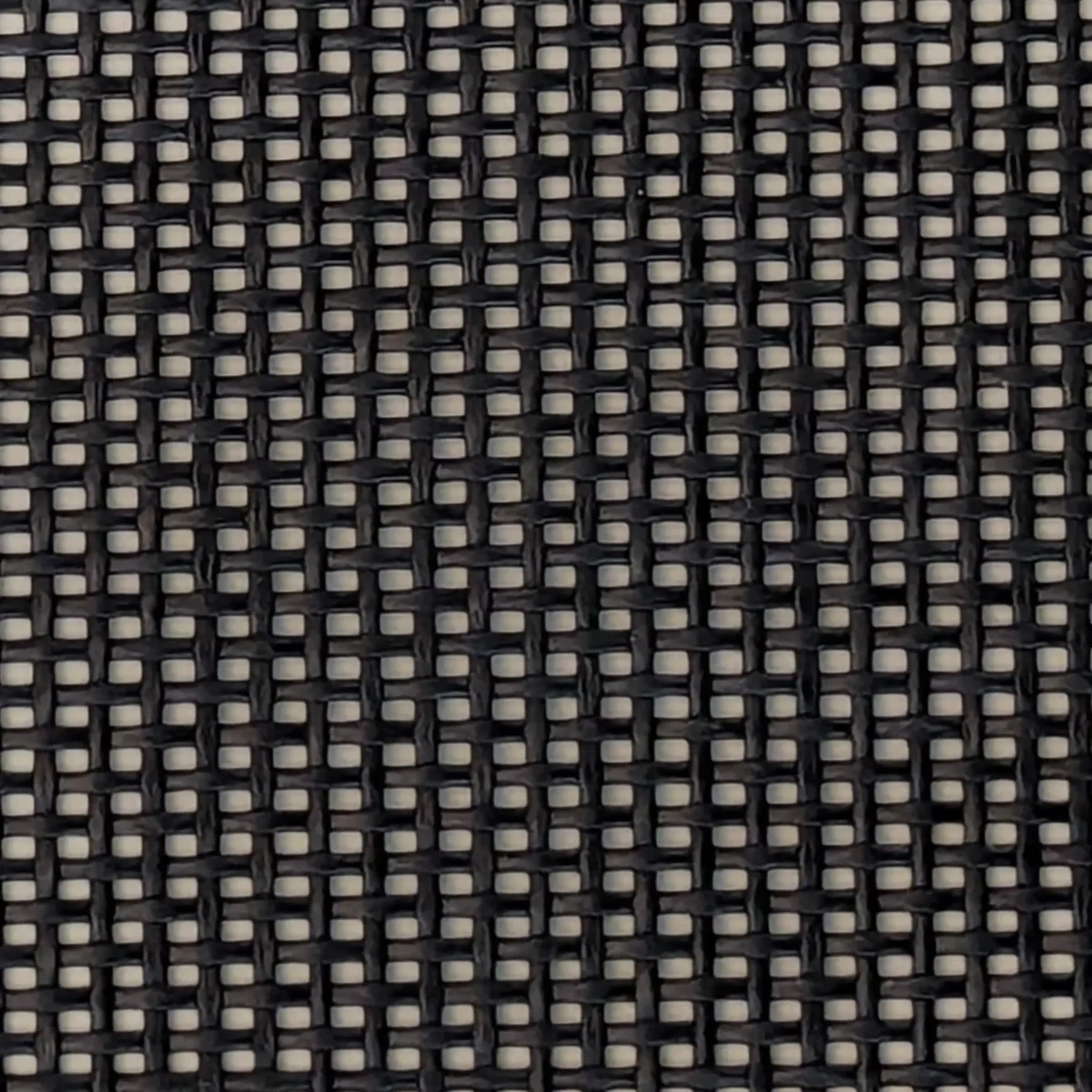Mesh screens are one of those home improvement solutions that people often overlook—until they realize just how much comfort and protection they add to everyday living. Whether installed on windows, doors, patios, or porches, mesh screens allow fresh air and natural light into your home while keeping insects, debris, and harmful UV rays out. They strike a perfect balance between practicality and style, offering both functional benefits and an upgraded living experience.
In this guide, we’ll break down exactly what mesh screens are, the types available, their benefits, and how to choose the right option for your home or business. By the end, you’ll know everything you need to make an informed decision.
What Is a Mesh Screen?
A mesh screen is a woven or perforated material stretched across a frame that acts as a barrier while still allowing airflow and visibility. The screen is typically made of durable materials such as:
-
Fiberglass – Affordable, flexible, and resistant to rust.
-
Aluminum – Stronger, more durable, and great for high-traffic areas.
-
Stainless Steel or Specialty Alloys – Premium options offering extra strength, often used for security.
-
Polyester & PVC Coatings – Weather-resistant finishes that extend lifespan.
The design ensures you can enjoy ventilation without sacrificing protection against pests or outdoor elements.
The Main Purposes of Mesh Screens
Mesh screens serve multiple roles depending on where they’re installed:
-
Keep Bugs Out – A primary reason homeowners use them, especially in warmer months.
-
Improve Air Circulation – Let in cool breezes while reducing reliance on air conditioning.
-
Enhance Safety – Thicker security mesh screens can deter intruders.
-
Filter Dust & Debris – Help keep interiors cleaner by blocking outside particles.
-
Protect Against Sun Glare – Certain meshes reduce UV rays and heat penetration.
Different Types of Mesh Screens
Not all mesh screens are created equal. Here are the most common varieties you’ll encounter:
1. Standard Fiberglass Screens
The most popular choice for residential homes. Lightweight, affordable, and easy to install.
2. Aluminum Mesh Screens
Stronger than fiberglass, resistant to stretching and tearing, and excellent for areas that see more wear and tear.
3. Pet-Resistant Screens
Made from vinyl-coated polyester, these screens are designed to withstand scratches from dogs and cats.
4. Solar Screens
Built with thicker mesh to block UV rays, reduce glare, and lower indoor heat gain—helping you save on energy bills.
5. Security Mesh Screens
Crafted from stainless steel or high-tensile alloys, these provide visibility and airflow while adding an extra layer of home security.
6. Retractable Screens
A modern, flexible option that can be rolled up and hidden when not in use—perfect for patios, French doors, and large openings.
Key Benefits of Mesh Screens
Installing mesh screens goes beyond insect protection. Here’s why they’re worth the investment:
-
Comfort & Ventilation – Enjoy fresh air without worrying about bugs or outdoor pests.
-
Energy Efficiency – Solar screens reduce reliance on cooling systems in the summer.
-
Enhanced Security – High-tensile screens make it harder for intruders to break in.
-
Low Maintenance – Modern materials are rust-resistant and easy to clean with soap and water.
-
Aesthetic Appeal – Available in different mesh thicknesses, colors, and frame finishes to complement your home.
How to Choose the Right Mesh Screen
When selecting mesh screens, consider these factors:
-
Purpose – Do you need basic insect protection, UV reduction, or added security?
-
Material – Fiberglass for affordability, aluminum for durability, or steel for security.
-
Visibility & Airflow – Finer mesh provides better insect protection but may reduce airflow slightly.
-
Climate – Solar screens are excellent for hot, sunny areas, while aluminum holds up better in coastal or storm-prone regions.
-
Pets & Kids – Opt for stronger, pet-resistant mesh if you have active animals or young children.
Installation Options: DIY vs. Professional
-
DIY Installation – Standard window screens can be installed by handy homeowners using screen kits.
-
Professional Installation – For larger projects like retractable patio screens or security mesh, professional installation ensures a perfect fit and long-lasting results.
Maintenance Tips for Mesh Screens
To maximize their lifespan, follow these care tips:
-
Regular Cleaning – Wash gently with soap, water, and a soft brush every few months.
-
Check for Tears – Small holes can be patched with repair kits; larger damage may require replacement.
-
Protect Frames – Inspect wooden or aluminum frames for signs of wear.
-
Retractable Screens – Retract them when not in use to prevent unnecessary exposure to the weather.
Beyond the Basics: Innovative Uses of Mesh Screens
Mesh screens aren’t limited to windows and doors. They’re now used in:
-
Enclosed Patios & Porches – Creating bug-free outdoor living spaces.
-
Garage Screens – Letting air in while keeping pests out.
-
Commercial Buildings – Used in restaurants and offices to maintain airflow and comfort.
-
Architectural Design – Some modern builds integrate mesh screens as part of their aesthetic look.
Retractable Screen Doors: A Smarter Alternative to Standard Mesh Screens
While traditional mesh screens are effective, retractable screen doors take functionality to the next level. Instead of being permanently fixed in place, these screens roll out when you need them and disappear into a slim housing when you don’t. This flexibility makes them an attractive alternative for homeowners who want the benefits of mesh screens without compromising on aesthetics or convenience.
Key Advantages of Retractable Screen Doors
-
Unobstructed Views – When retracted, the screen is virtually invisible, allowing you to enjoy wide-open views without a permanent barrier.
-
Versatility – They can be installed on single doors, double French doors, sliding patio doors, and even large openings leading to outdoor living spaces.
-
Space-Saving Design – Unlike hinged screen doors, retractable screens tuck neatly away, making them perfect for homes with limited space.
-
Improved Durability – Because the screen isn’t exposed year-round, it experiences less wear and tear, extending its lifespan.
-
Customization Options – Available in different mesh densities, colors, and frame finishes to suit your home’s style and needs.
Why Consider Retractable Screens Over Standard Mesh?
Standard mesh screens are practical, but they can sometimes feel restrictive—especially on doors and large openings. Retractable screens give you the best of both worlds: protection from insects and UV rays when you need it, and a clean, unobstructed opening when you don’t. For homeowners who prioritize both functionality and design, retractable screen doors are often the better long-term investment.
Conclusion
Mesh screens remain a practical, affordable, and reliable way to enjoy fresh air while keeping pests and debris outside. From fiberglass and aluminum to pet-resistant and solar options, there’s a mesh solution for almost every home and lifestyle.
However, if you’re looking for a more versatile and stylish alternative, retractable screen doors are worth serious consideration. They provide the same protection as traditional mesh but disappear when not in use, preserving your home’s views and aesthetics. This flexibility makes them an ideal upgrade for homeowners who want convenience, durability, and design all in one solution.
Ultimately, whether you choose standard mesh screens or invest in retractable screens, you’ll be adding comfort, energy efficiency, and value to your home. The key is selecting the option that best fits your needs, lifestyle, and long-term vision for your living space.



